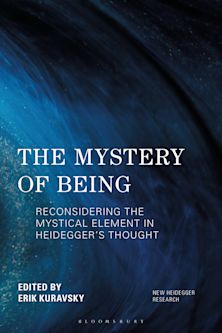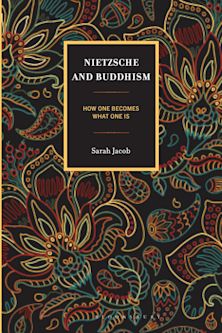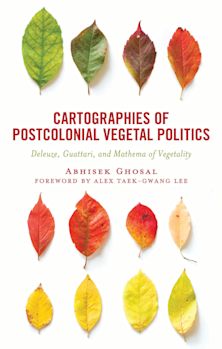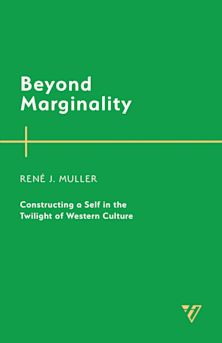- Home
- ACADEMIC
- Philosophy
- Philosophy - Other
- Comparative Political Philosophy
Comparative Political Philosophy
Studies under the Upas Tree
Comparative Political Philosophy
Studies under the Upas Tree
This product is usually dispatched within 3 days
- Delivery and returns info
-
Free CA delivery on orders $40 or over
You must sign in to add this item to your wishlist. Please sign in or create an account
Description
This Lexington Books edition of Comparative Political Philosophy brings back into print a volume that was one of the first to move beyond a Eurocentric bias in the study of political philosophy and provide a well-balanced critique of the perilous transition from tradition to modernity. The book is evidence of the benefits to be reaped from comparison, from a reading of Aristotle together with the Arthashastra, of Mahatma Gandhi with Eric Voegelin, of Voltaire with Confucius. Focusing on key texts from Chinese, Indian, Western and Islamic political philosophy, chapter authors both describe the very different contexts from which philosophic traditions arose and discover basic tenets they have in common. In a new introduction, editors Anthony J. Parel and Ronald C. Keith discuss the changes in political contexts since the book's first publication, and they underscore the increasing importance of the comparative approach.
Table of Contents
Chapter 2 The Comparative Study of Political Philosophy
Chapter 3 Classical Western Political Philosophy
Chapter 4 Modern Western Political Philosophy
Chapter 5 Law and Society in Confucian Thought
Chapter 6 Mao Zedong and His Political Thought
Chapter 7 What Good is Democracy? The Alternatives in China and the West
Chapter 8 Of Artha and the Arthasastra
Chapter 9 Mahatma Gandhi's Critique of Modernity
Chapter 10 Farabi and Greek Political Philosophy
Chapter 11 Khomeini's Doctrine of Legitimacy
Product details
| Published | Apr 08 2003 |
|---|---|
| Format | Paperback |
| Edition | 2nd |
| Extent | 298 |
| ISBN | 9780739106105 |
| Imprint | Lexington Books |
| Dimensions | 214 x 137 mm |
| Series | Global Encounters: Studies in Comparative Political Theory |
| Publisher | Bloomsbury Publishing |
About the contributors
Reviews
-
Comparative Political Philosophy breaks the taboo of treating nonwestern political thinking as untouchable. . . . The publication of this book is an act of courage, and a landmark in the literature on political philosophy.
The Book Review


































